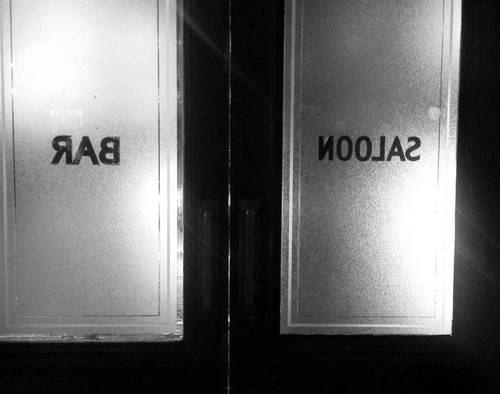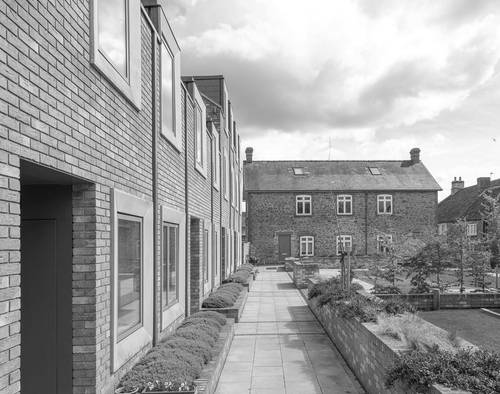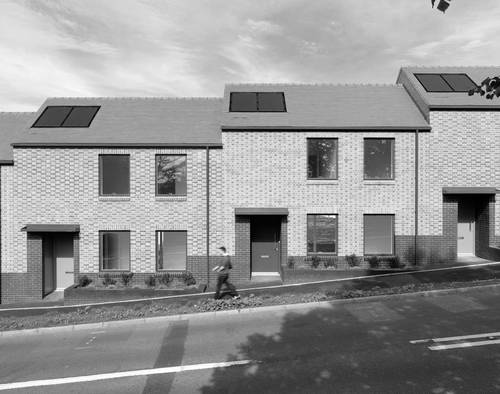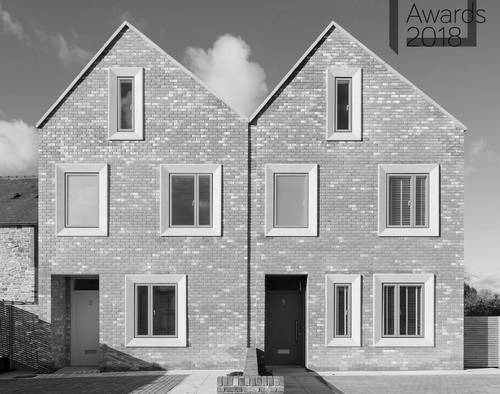‘Lock-in’: The Future of the Pub
August 2016
Alcohol consumption in the UK has been in decline over the past decade, falling 18% since 2004. Coupled with the smoking ban which was introduced in 2006 and the following financial crash, times have been tough for British pubs of late.
These economic pressures and changes in social habits are forcing pubs to think outside of the box to develop new methods and business opportunities to remain relevant, competitive and central to our communities. Pubs are used to reinvention and have endured many waves of societal and culture change previously.
TURNING THE TIDE
With up to 50 pubs closing per week, 2009 saw the peak of pub closures across the country, with only two new establishments opening in their place. The tide is beginning to turn with local craft breweries opening pop-up bars which, subject to license can become permanent drinking establishments. Small independent breweries such as the Late Knights Brewery in South London are successfully reviving existing pubs and opening brand new ones.
THE PUB AS A HUB
‘The Pub is the Hub’ is an initiative set up in 2001 to encourage breweries, pub owners, licensees and their communities to find ways in which struggling pubs can diversify to stay afloat. By offering extra services alongside food and drink, they can increase their social and community role whilst finding additional businesses avenues to explore.
The report suggests services such as pharmacy collection points, dry cleaning drop off and collection, online goods delivery and collection, small gyms, crèches and an outlet for locally produced farm goods or crafts. Two pubs in Cornwall have joined forces with the local library to offer full book lending schemes with support from the local authority. These commercial ventures would hopefully allow for a greater community support role offering meeting spaces for church parishes or local clubs and groups and running pensioner meal operations.
PUB OF THE FUTURE
The brewer Marston’s launched a competition to gather opinions from a wide range of people as to the thinking and design of what pubs should offer and look like in the future. Many of those consulted agree that pubs should make better use of technology and that it might aid them engage with and entice in younger customers. Smartphone apps have been developed to reduce queues and waiting times at the bar. Using them, customers are able to browse the menus and order food and drink from their table.
It has been suggested before that pubs are generally failing to keep up with technological change and should embrace SMS and social media as a means to advertise promotions and discounts. The ‘Pub of the Future‘ report published by Casio in 2013 also suggests that 67% of young people are more likely than their elders to prioritise a pub offering Wi-Fi services.
We could also see a return of the pub as a place of work, as was often the case in Victorian times. Pubs have long been at the centre of business as places for informal meetings or the after-work ‘swift-half’ but over the past few years many have established themselves as viable places to work for freelancers. The offer of free and high speed wi-fi connections alongside better food and coffee might enable pubs to rival coffee shops and bistros as hubs for meetings and laptop warriors. Might the use of wi-fi to solicit the pub’s services act like the latest evolution of the swinging painted sign outside pubs? A digital swinging sign?
THE ARCHITECT’S ARMS
The RIBA-organised Guerilla Tactics event held in October 2014 invited architecture practices to think about the plight of the pub today and how the profession might offer wider solutions to these problems. The participants, or ‘archi-preneurs’, proposed ways of ‘rethinking the pub’, offering ways to widen the social groups it appeals to and the services it provides.
One group suggested that the ‘Public House’ should become the ‘Social House’ where the needs of each surrounding community are met to create a thriving, sustainable hub. By turning struggling pubs into ‘community pubs’, they connect with and contribute to their community. Ideas included operating as a mini-town hall, a centre for neighbourhood planning, and forums for debate. 75% of adults believe that pubs make a ‘valuable contribution to life in Britain’ and by offering wider variety of services they can appeal to a greater variety of people.
NEW LEASE OF LIFE
Sometimes it is necessary to look beyond the obvious in search of solutions as to how to keep a pub going or even resurrect one. Our scheme in Temple Cloud, Somerset will bring a derelict Grade II-listed pub back to life and place it at the centre of the village alongside nine new houses, and a 10-bed hotel. With a number of other housing developments proposed in the village, the future of this pub, which has been closed for several years is suddenly looking bright.
FURTHER READING
http://www.pubisthehub.org.uk/ - Pub is the Hub Initiative
http://www.casio.co.uk/products/integrated-epos-solutions/pub-report/ - Pub of the Future Report
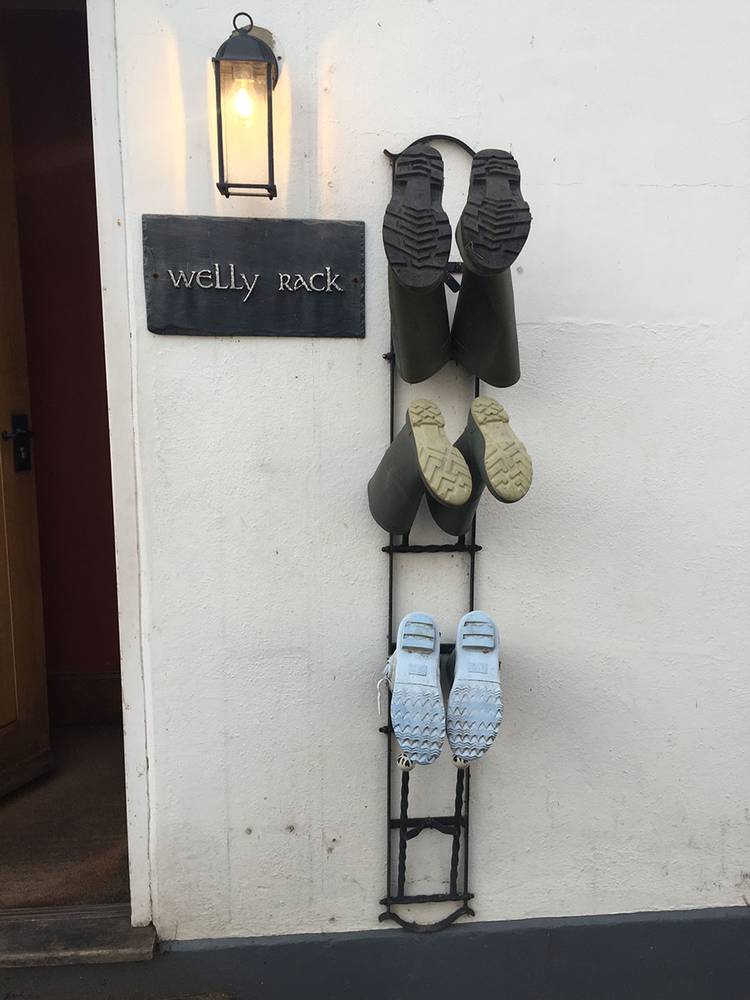
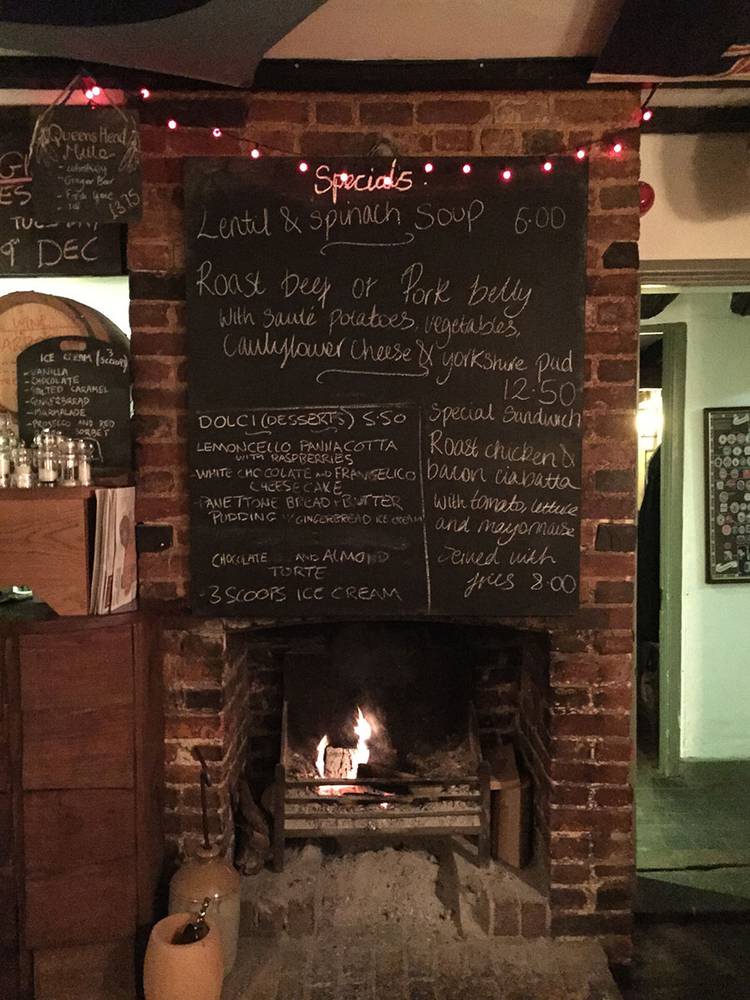
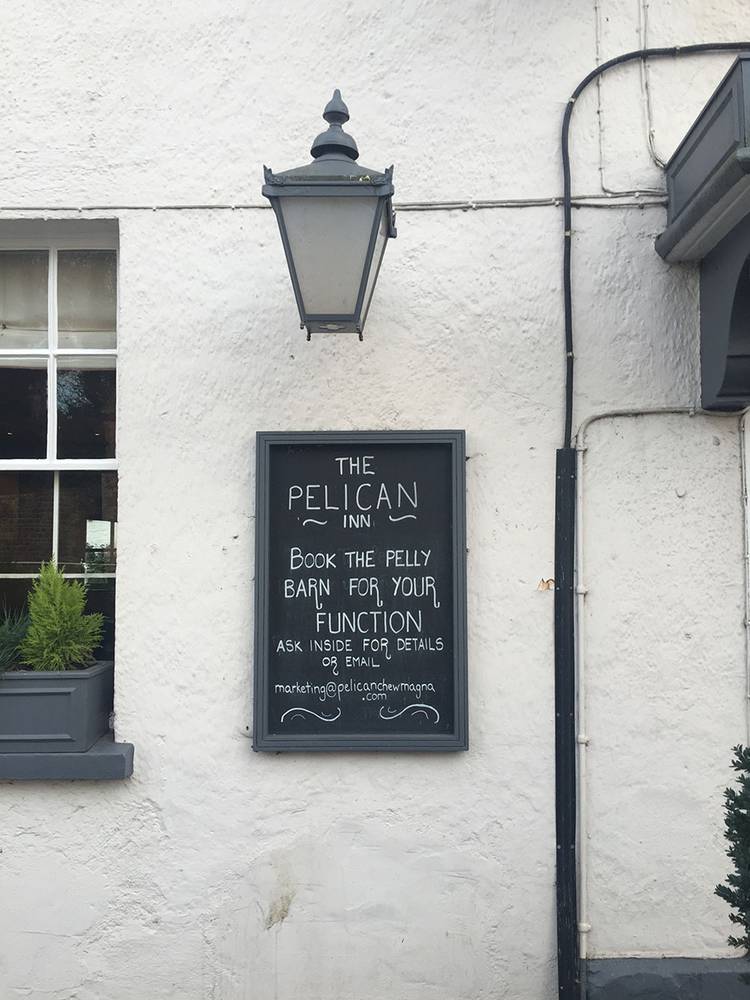
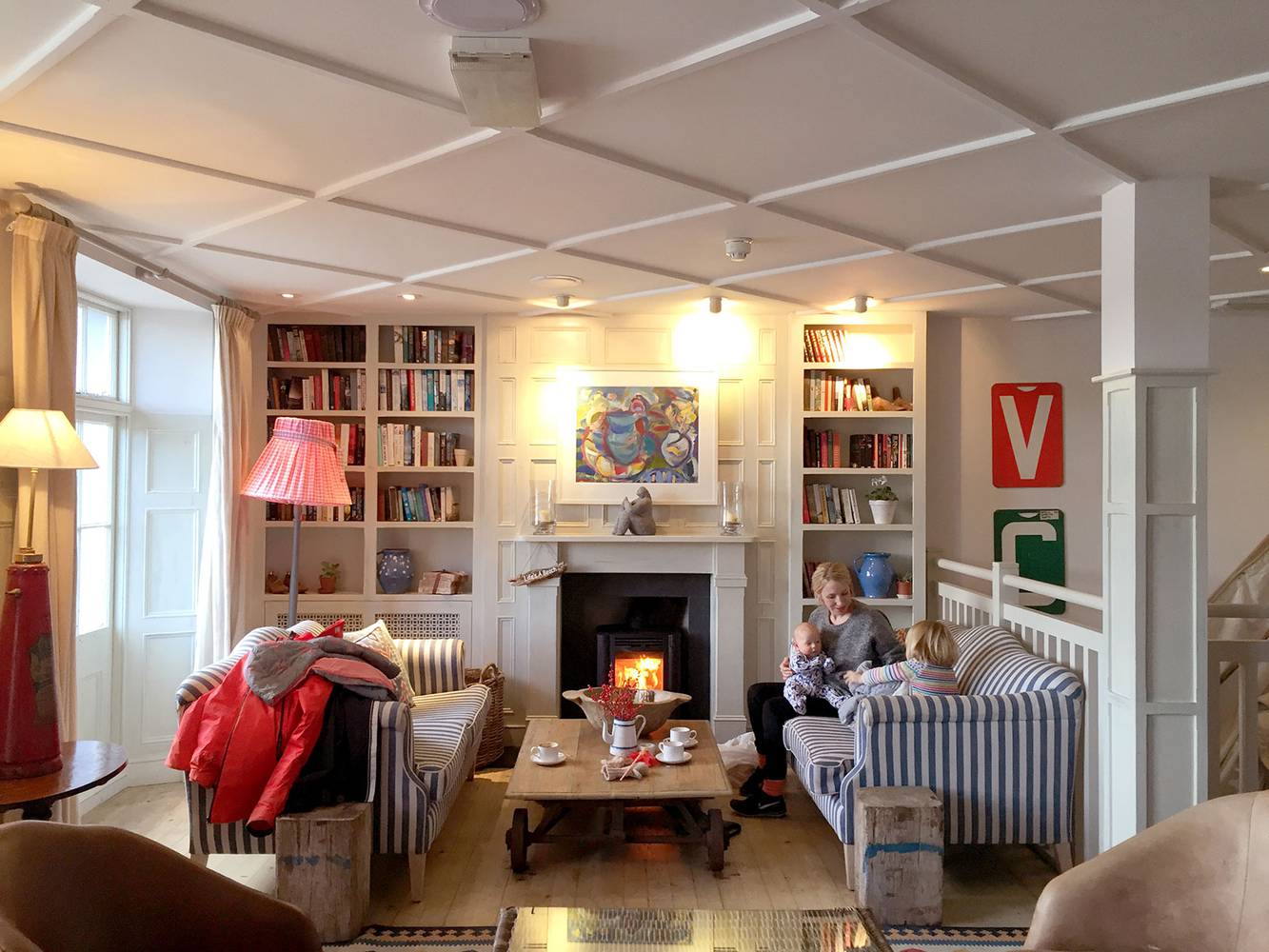
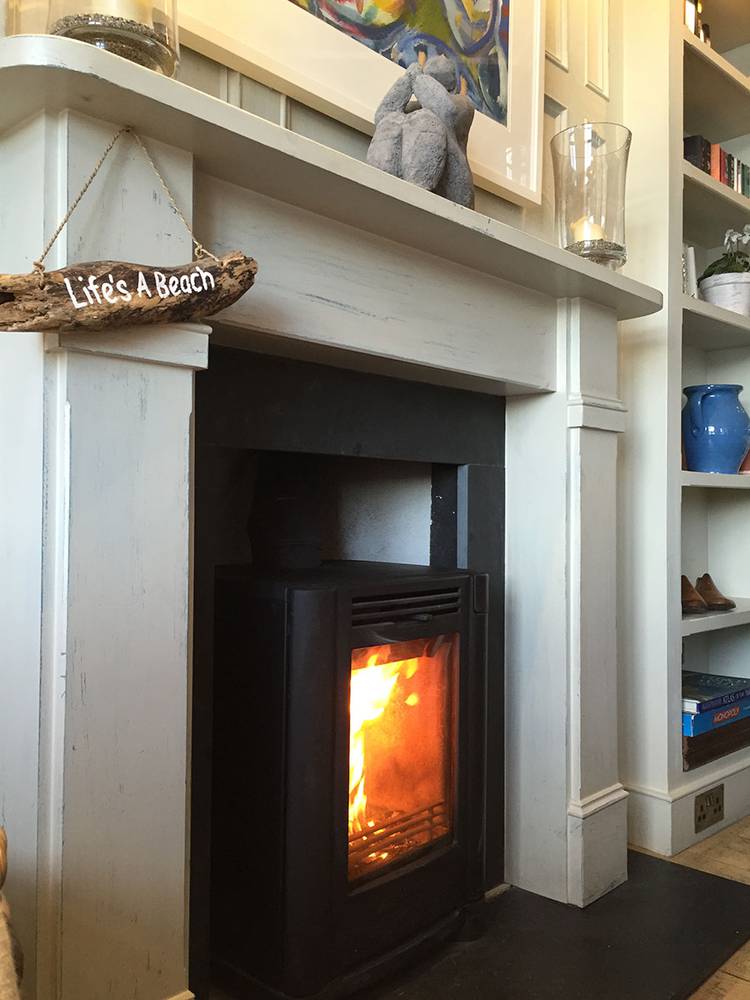
.jpg-web_overview.jpg)
